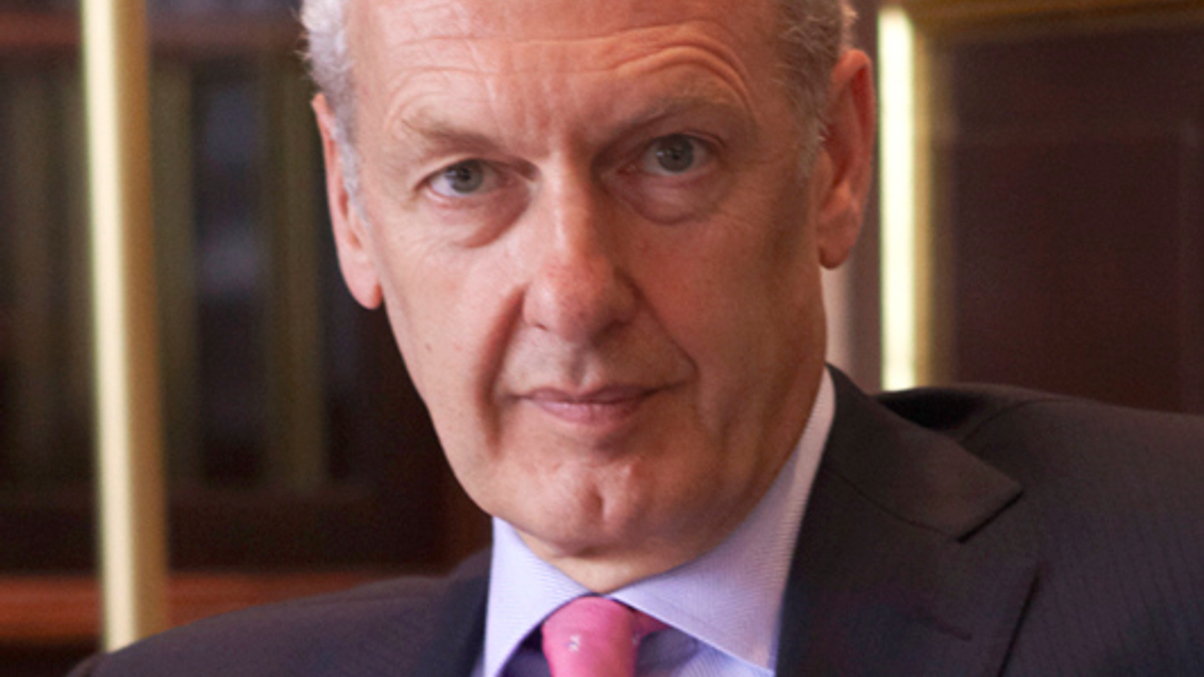Equities set for bull-run phase II, says Anthony Bolton
The star UK fund manager believes equity investors have until the second half of next year before they enter the danger zone. He also outlines his China views.

The global equity market is entering phase two of the present bull-run and valuations can still go higher, star UK fund manager Anthony Bolton told a rapt audience in Hong Kong yesterday.
Sign in to read on!
Registered users get 2 free articles in 30 days.
Subscribers have full unlimited access to AsianInvestor
Not signed up? New users get 2 free articles per month, plus a 7-day unlimited free trial.
¬ Haymarket Media Limited. All rights reserved.


